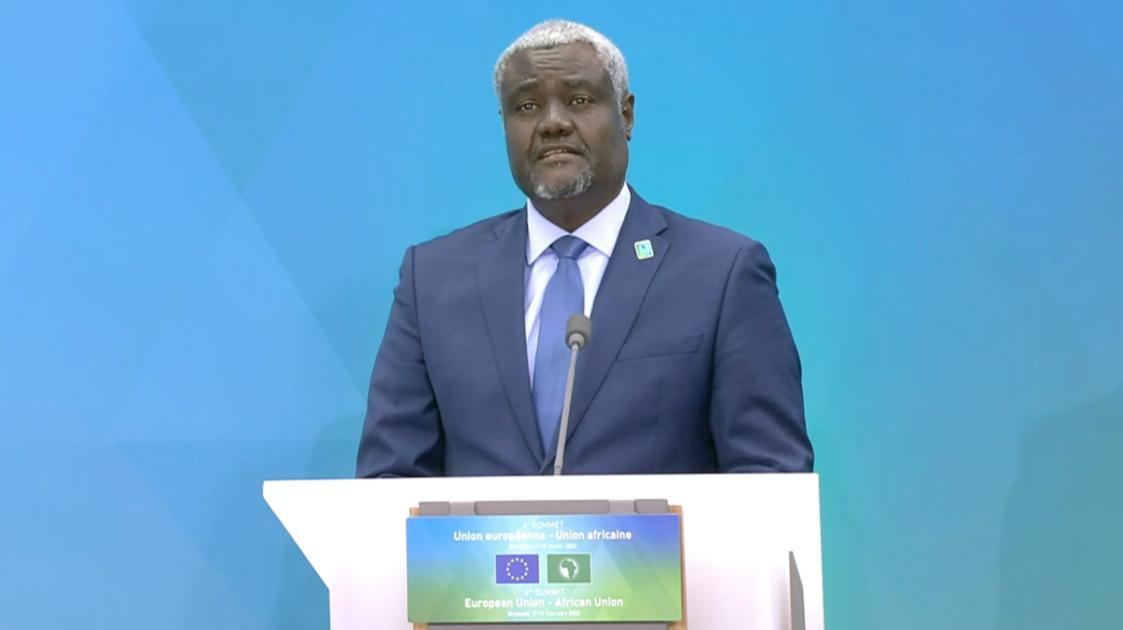Topic Resources
Taking Stock, Charting the Future.
The mandate entrusted to me on 17 January 2017 is fast approaching an end and I will present an exhaustive assessment of it to the Assemb
Excellence Monsieur le Président de la République Populaire de Chine,
Agenda 2063 is Africa’s development blueprint to achieve inclusive and sustainable socio-economic development over a 50-year period.













